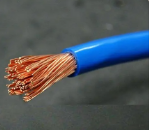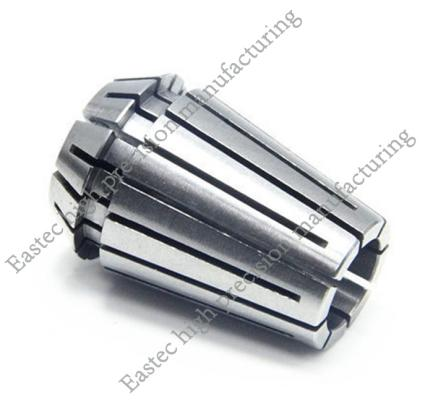
The team leader serves as a crucial communication bridge between the company and its production staff, with their management level directly impacting the production progress and quality of the company's products. The vitality of the team is the source of the company's competitiveness, and the role of an excellent team leader is indispensable. The team leader must adopt different stances towards the operator, subordinates, and superiors, playing a bridging role while also being an organizer and laborer in production.
Team leaders have three major responsibilities: labor management, production management, and supporting superiors. They are responsible for staff allocation, managing production, maintaining machinery, and acting as advisors to their superiors. However, many team leaders are limited to basic personnel allocation and do not fully exert their leadership role.
An excellent team leader should master three skills: accurately grasping one's role and rights and obligations, understanding the expectations of leaders, and comprehending the expectations of subordinates. Team leaders also need to handle ten management skills, including mediating conflicts among subordinates, arranging work during leave, responding to the directives of indirect superiors, dealing with disagreements with superiors, conveying employee opinions, executing superior decisions, dealing with skip-level reports, handling gossip, addressing employee complaints, and managing employees who are not convinced by their leadership.
In summary, team leaders play a vital role in enterprise management, with their abilities and skills being crucial for maintaining production order, improving product quality, and promoting business development. With the popularization of humanoid robots, the role of team leaders will become even more prominent. They will need to continuously adapt to new technologies and enhance their management skills to lead their teams into the future.





 Customer service 1
Customer service 1  Customer service 2
Customer service 2